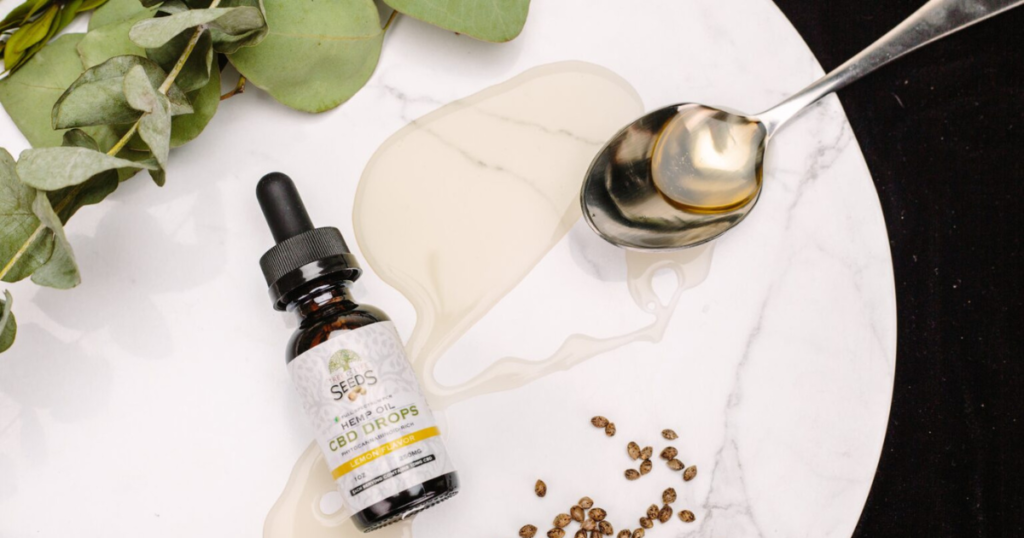Unraveling the Mystery of CBD
Cannabidiol, or CBD, has sparked a wave of interest within the wellness community in recent years. From CBD-infused lotions to oils, it has become a trendy addition to wellness regimens. But what does science say about CBD and its potential health benefits?
Dissecting CBD: What is it?
CBD is one of the numerous compounds found in the cannabis plant. Unlike THC, the most well-known cannabinoid, CBD does not produce a “high” feeling. Rather, it has gained popularity for its perceived therapeutic properties, ranging from stress management to pain relief.
Key Points:
- CBD is a compound found in the cannabis plant.
- Unlike THC, CBD does not produce a “high.”
- CBD is lauded for potential therapeutic properties, including stress management and pain relief.
CBD and Wellness: The Current Science
The research surrounding CBD is still developing, but preliminary studies suggest it may have several health benefits. Some evidence points to CBD’s potential for managing conditions like chronic pain, anxiety, insomnia, and even epilepsy.
Overview:
- Current research suggests CBD may offer health benefits.
- Some evidence points to potential uses in managing chronic pain, anxiety, insomnia, and epilepsy.
Latest Research Findings
Recent studies have explored the potential benefits of CBD. One study indicated CBD might help with chronic pain management, while another suggested it could reduce anxiety. Other research found that CBD might improve sleep quality.
Summary:
- Latest studies indicate potential benefits of CBD for chronic pain management, anxiety reduction, and improved sleep quality.
CBD Supplements: What You Need to Know
As CBD has grown in popularity, a wide array of CBD-infused supplements have hit the market. These range from oils and tinctures to capsules and edibles. However, it’s important to note that CBD products are not regulated by the FDA, which means quality can vary.
Key Takeaways:
- Numerous CBD-infused supplements are available on the market.
- CBD products are not regulated by the FDA, and quality can vary.
CBD Infused Products to Try
If you’re interested in trying CBD, there are various product types to consider. CBD oils and tinctures can be taken sublingually (under the tongue), while CBD capsules can be taken orally. Other options include CBD-infused creams and balms for topical application, and CBD edibles like gummies.
Summary:
- There are various CBD product types available, including oils, tinctures, capsules, creams, balms, and edibles.
Cautionary Advice: CBD Side Effects and Interactions
While CBD is generally considered safe, it’s not without potential side effects and interactions. Some people may experience side effects like fatigue, changes in appetite, or gastrointestinal issues. CBD can also interact with certain medications.
Main Points:
- CBD is generally considered safe but can cause side effects like fatigue, changes in appetite, or gastrointestinal issues.
- CBD can interact with certain medications.
Other Lifestyle Factors to Consider
While CBD might have potential benefits, it should not replace a balanced lifestyle. Regular exercise, a nutritious diet, adequate sleep, and stress management techniques remain fundamental to wellness.
Overview:
- While CBD may offer benefits, it shouldn’t replace a balanced lifestyle.
- Exercise, a healthy diet, adequate sleep, and stress management are fundamental to wellness.
Signs of Quality: What to Look for in CBD Products
Choosing a quality CBD product is crucial. Look for products that provide a Certificate of Analysis (COA) to verify the product’s purity and potency. Also, opt for products sourced from high-quality, organic hemp.
